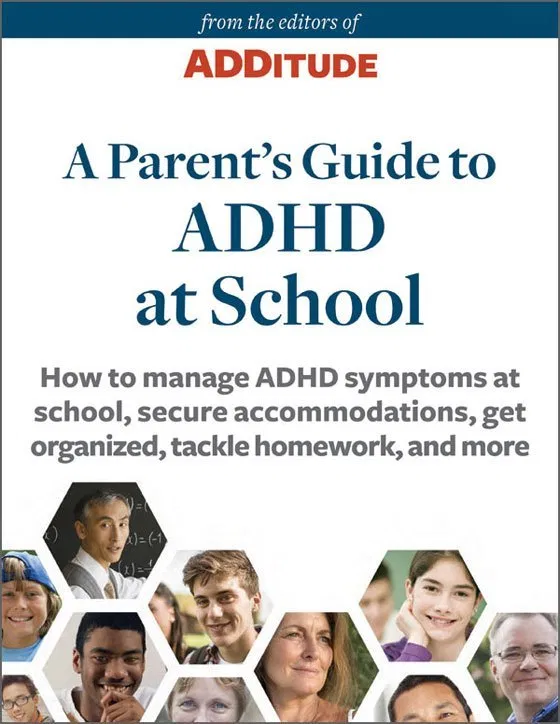
Diversity, Equity, and Inclusion Resources for Educators [website]
The Center for Responsive Schools (CRS) believes students learn and thrive in school and classroom environments that are responsive to their academic, social, emotional, and developmental strengths and needs. CRS has created a new Diversity, Equity, and Inclusion seal to Read more >>











